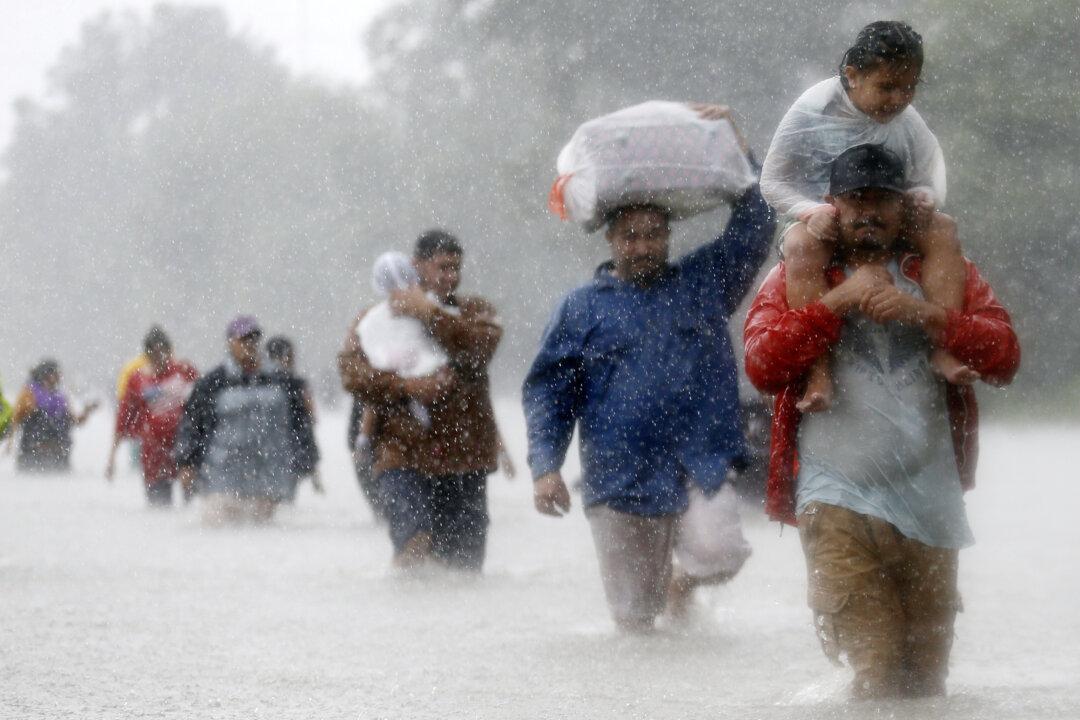WASHINGTON—The U.S. Justice Department has received more than 400 disaster fraud complaints involving relief aid after Hurricanes Harvey and Irma and expects a spike in fraud complaints in the coming months, department officials said on Thursday.
The majority of fraud efforts target the federal government itself as people try to defraud Federal Emergency Management Agency (FEMA), which administers disaster relief, said Corey Amundson, acting director of the department’s National Center for Disaster Fraud.





